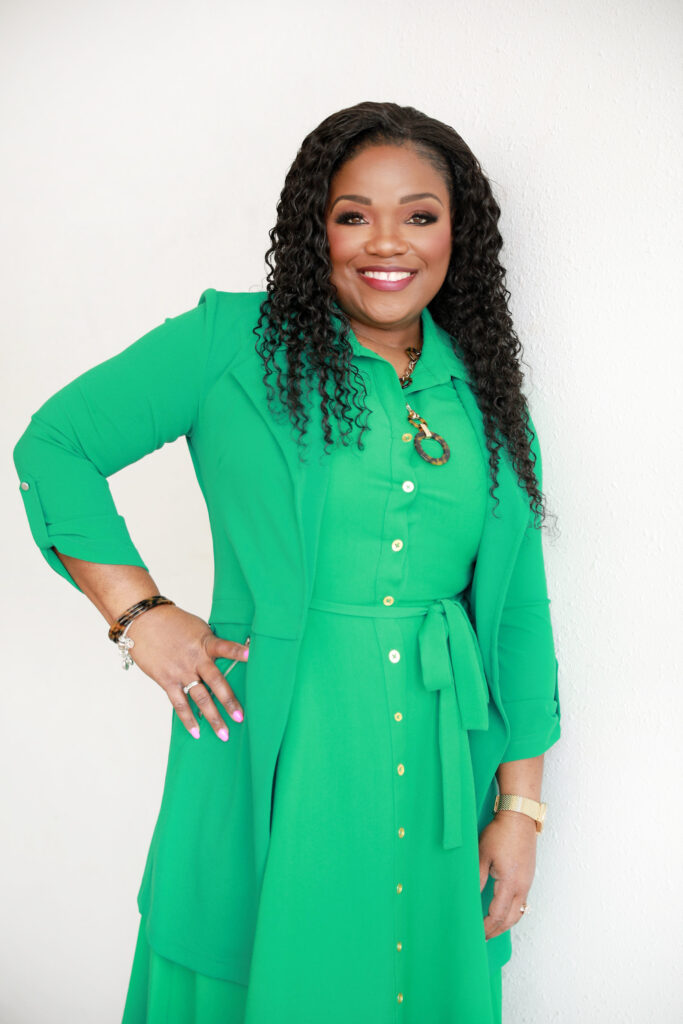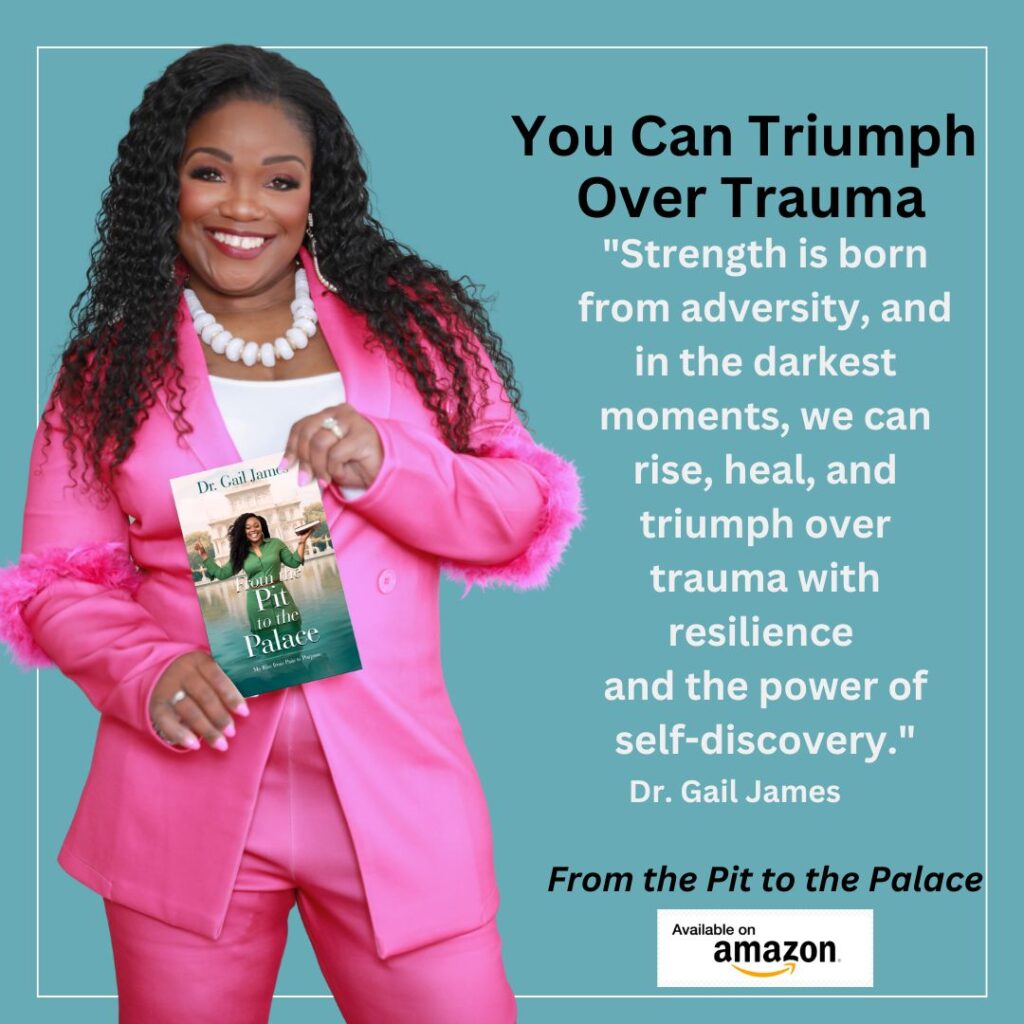
By Dr. Gail James
┬Ā
Childhood abuse can leave deep scars that haunt us well into adulthood. The pain, despair, and trauma can cast a long shadow over our lives, but it doesn’t have to define who we are. You have the power to overcome the demons of your past and emerge stronger and more resilient than ever before. In this guide, we will walk you through the essential steps to heal from childhood abuse, starting with identifying your trauma and culminating in liberation from guilt and shame.┬Ā
┬Ā
Remember, you have the strength within you to embark on this journey of self-discovery and healing.
Step 1: Identify Your Trauma
The first step towards healing is acknowledging the source of your pain and despair. What specific events or circumstances from your childhood have caused you deep emotional wounds? Identifying these triggers is essential for understanding and addressing your trauma effectively.
┬Ā
Step 2: Acknowledge Your Feelings
It’s okay to admit that you feel sad, depressed, abandoned, rejected, abused, and unloved because of your past experiences. Denying these emotions only prolongs your suffering. Allow yourself to recognize and embrace these feelings; they are valid responses to the trauma you endured.
┬Ā
Step 3: Give Yourself Permission to Feel
Grant yourself permission to experience these emotions without judgment. Understand that it’s natural to feel abandoned, refused, rejected, unloved, and abused, but remember, you don’t have to stay stuck in these emotions forever.
┬Ā
Step 4: Begin Your Healing Journey
Now that you’ve acknowledged your feelings, it’s time to take action. Start your healing journey by seeking help from a qualified therapist or explore other avenues like meditation, prayer, exercise, or reading. Whatever method resonates with you, take the first step toward your emotional recovery.
┬Ā
Step 5: Liberate Yourself from Guilt and Shame
Guilt and shame often accompany survivors of childhood abuse, but it’s crucial to recognize that it wasn’t your fault. You couldn’t have prevented it because you only have control over your own behaviors, not those of others. Let go of the burden of guilt and shame that you carry; it doesn’t belong to you.
┬Ā
As you embark on this journey of healing, remember that forgiveness is not about absolving the person who hurt you. It’s about freeing yourself from the chains of bitterness and resentment so you can become the best version of yourself. Healing from childhood abuse is a courageous and transformative process. Seek the support you need, nurture your emotional well-being, and never forget that you have the strength to break free from the past’s grip and build a brighter future. You are not defined by your trauma; you are defined by your resilience and the power to heal.
┬Ā
Website: https://www.drgailjames.com/

Join the thriving community of Courageous Woman Magazine. We have been dedicated to empowering women in business for over 14 years. Don’t hesitate to step into the spotlight! Courageous Woman Magazine is here to illuminate and showcase your brand, products, and services, helping you reach a wider audience!

